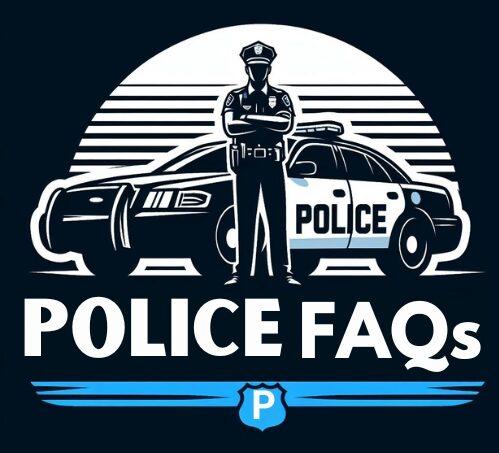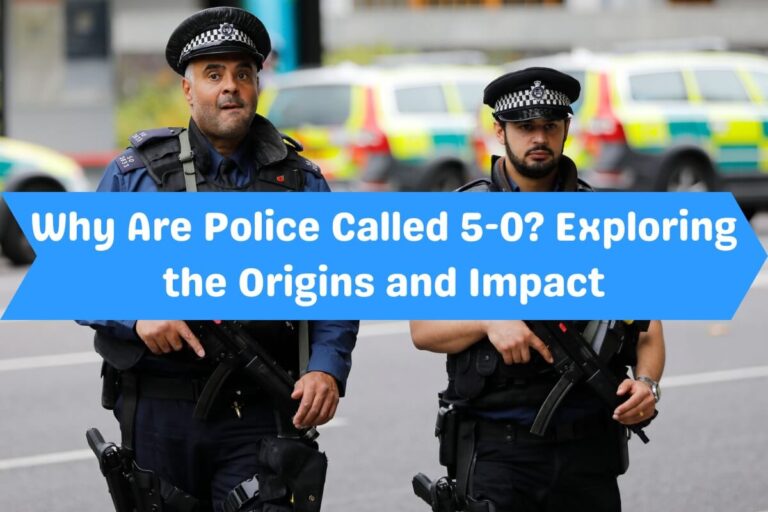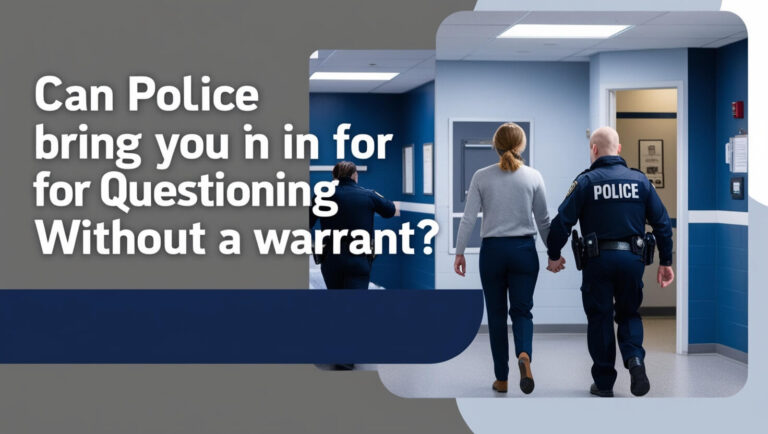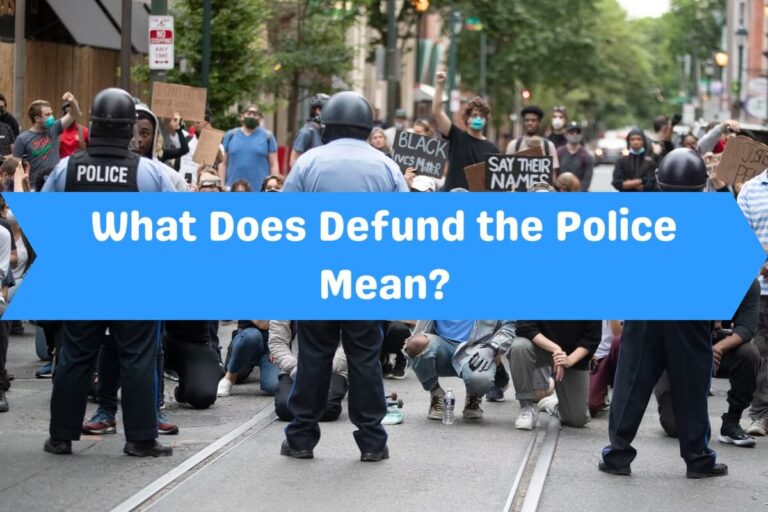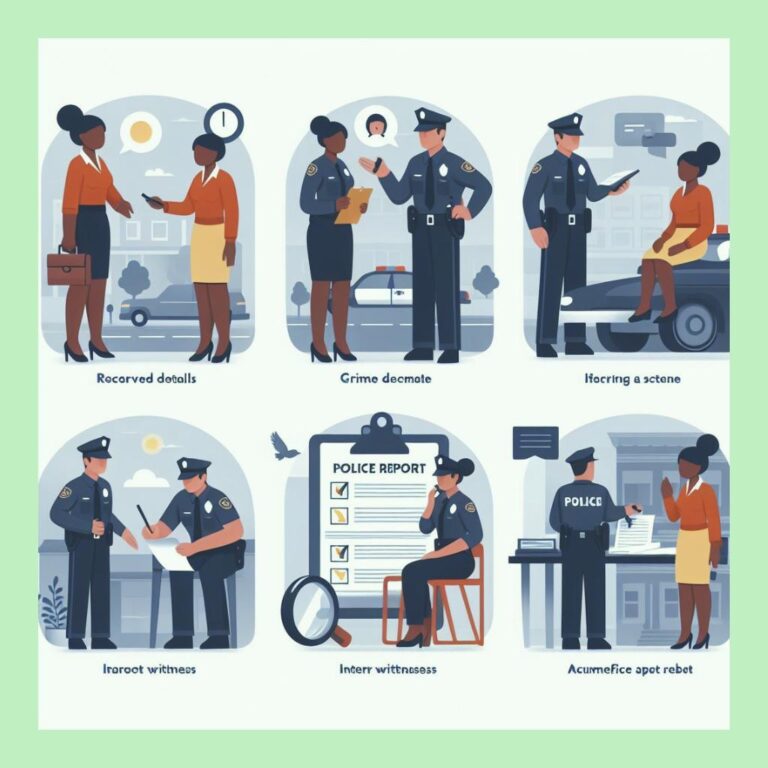Understanding Police Vice: Structure, Operations, and Challenges
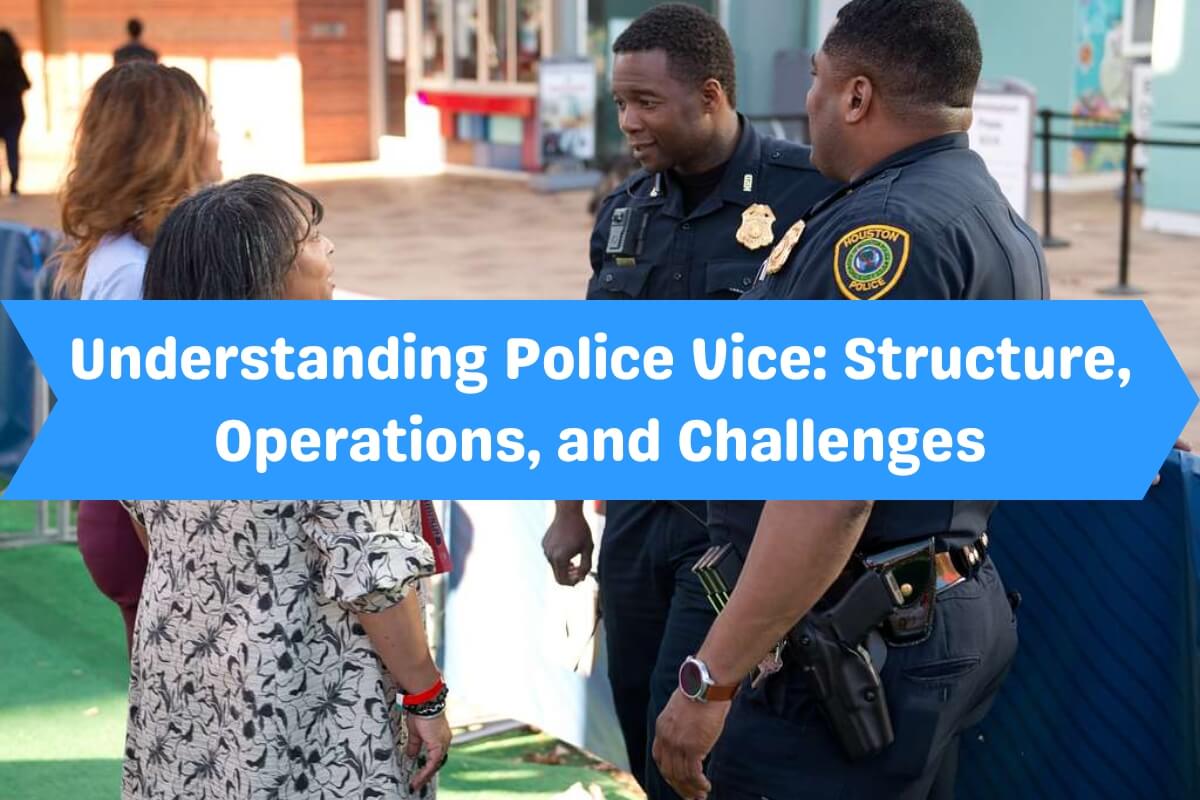
“Police vice” refers to specialized law enforcement units focused on combating illegal activities often associated with moral or vice crimes, such as drug trafficking, prostitution, illegal gambling, and human trafficking. Understanding police vice units is crucial because they play a significant role in maintaining public order and safety by targeting these illegal activities that can have detrimental effects on communities. This article delves into the definition, historical context, structure, functions, key areas of operation, challenges, case studies, and future of police vice units.
Understanding Police Vice
Definition of Police Vice
Police vice units are specialized divisions within law enforcement agencies dedicated to investigating and enforcing laws related to vice crimes. These crimes typically include:
- Drug Trafficking: The illegal production, distribution, and sale of drugs.
- Prostitution and Human Trafficking: Activities involving the exploitation of individuals for sex work.
- Illegal Gambling: Unregulated and unlawful gambling activities.
- Other Vice Crimes: Such as bootlegging, pornography, and illegal alcohol sales.
Vice crimes are often linked to broader issues such as organized crime, corruption, and violence, necessitating specialized law enforcement approaches.
Historical Context of Vice Units
The concept of vice units dates back to the early 20th century, with a significant focus during the Prohibition era in the United States (1920-1933). During this time, vice units were heavily involved in combating illegal alcohol production and distribution. Over the years, the scope of vice units has expanded to address various other moral and societal issues, adapting to the changing nature of vice crimes.
Notable Historical Cases
- Prohibition Era (1920-1933): Vice units played a crucial role in enforcing the 18th Amendment, which prohibited the manufacture, sale, and transportation of alcoholic beverages. This period saw significant enforcement efforts and the rise of organized crime syndicates.
- War on Drugs (1980s-present): The U.S. government’s campaign against drug abuse and trafficking led to the formation and expansion of vice units focused on narcotics. High-profile cases and substantial drug busts have been hallmarks of this era.
Structure and Function of Vice Units
Organizational Structure
Vice units are typically structured within the broader framework of police departments or law enforcement agencies. A typical hierarchy includes:
- Commanding Officers: Responsible for overall strategy and operations.
- Supervisors: Oversee day-to-day activities and specific operations.
- Field Agents and Officers: Conduct investigations, surveillance, and enforcement actions.
- Specialists: Experts in specific areas like cybercrime, forensics, and intelligence analysis.
Operational Strategies
Vice units employ a variety of strategies to combat vice crimes:
- Surveillance: Monitoring suspected individuals and locations.
- Undercover Operations: Officers pose as participants in illegal activities to gather evidence.
- Sting Operations: Planned operations to catch criminals in the act.
- Collaboration: Working with other law enforcement agencies, including federal and international partners.
Legal Framework
Vice units operate within a complex legal framework designed to combat vice crimes while respecting civil liberties. Key aspects include:
- Legislation: Laws specific to vice crimes, such as the Controlled Substances Act for drug-related offenses.
- Search and Seizure: Legal protocols for obtaining and executing search warrants.
- Prosecution: Collaboration with prosecutors to ensure successful convictions.
Legal Challenges
Vice units often face legal challenges, such as:
- Entrapment: Ensuring that operations do not cross the line into entrapment, which can invalidate evidence.
- Privacy Issues: Balancing surveillance with individuals’ right to privacy.
Key Areas of Vice Operations
Drug Trafficking
Drug trafficking remains a primary focus for vice units due to its pervasive impact on society. Key activities include:
- Identifying Networks: Tracing the supply chain from producers to street-level dealers.
- Interdiction: Seizing drugs and arresting traffickers.
- Prevention: Working with community programs to prevent drug abuse.
Recent Significant Drug Busts
- Sarnia Police Drug Bust (2024): The Sarnia Police Vice Unit, along with the Emergency Response Team, executed a search warrant that resulted in the seizure of substantial quantities of fentanyl, cocaine, and crystal methamphetamine, with a street value of approximately $166,053.
- Worcester Police Department Operation (2024): The Worcester Police Vice Squad arrested individuals for trafficking fentanyl, highlighting ongoing efforts to combat the opioid crisis.
Prostitution and Human Trafficking
Vice units also focus on combating prostitution and human trafficking. Key methods include:
- Rescue Operations: Freeing victims from exploitation.
- Prosecution: Bringing traffickers and exploiters to justice.
- Support Services: Providing victims with rehabilitation and support.
Case Studies of Successful Operations
- Singapore Police Force Raids (2023): The Singapore Police Force conducted enforcement operations against massage establishments suspected of illegal vice activities, demonstrating international efforts to combat human trafficking.
Illegal Gambling
Illegal gambling operations are another significant focus for vice units. These activities often fund organized crime and lead to other societal issues. Key strategies include:
- Identifying Illegal Operations: Surveillance and intelligence gathering on suspected gambling dens.
- Raids and Arrests: Conducting raids to shut down illegal operations and arrest those involved.
- Community Education: Informing the public about the dangers and legality of gambling activities.
Challenges in Vice Policing
Ethical and Legal Issues
Vice policing involves navigating a myriad of ethical and legal issues, such as:
- Entrapment Concerns: Ensuring that undercover operations do not coerce individuals into committing crimes.
- Civil Liberties: Balancing the need for surveillance with the protection of individual rights.
Safety and Security Concerns
Operations targeting vice crimes can be dangerous due to the involvement of organized crime and violent offenders. Key safety measures include:
- Training: Comprehensive training for officers on handling high-risk situations.
- Equipment: Providing officers with necessary protective gear and technology.
Public Perception and Community Relations
Maintaining positive community relations is essential for vice units. Strategies include:
- Transparency: Keeping the public informed about vice operations and their outcomes.
- Community Involvement: Engaging with community leaders and organizations to build trust and support.
Case Studies and Real-Life Examples
High-Profile Operations
Detailed accounts of high-profile vice operations provide insights into the challenges and successes of vice units.
Notable Examples
- Operation Trojan Shield (2021): An international sting operation led by the FBI and involving multiple countries, resulting in hundreds of arrests and the seizure of drugs, weapons, and cash.
- Project Cassandra (2015): A DEA operation targeting Hezbollah’s drug trafficking network, showcasing the global reach of vice crimes.
Everyday Challenges
Insights from officers highlight the routine challenges faced in vice operations, such as:
- Resource Allocation: Balancing limited resources against the need for comprehensive investigations.
- Emotional Toll: Dealing with the human impact of vice crimes, from victim support to witnessing the consequences of addiction and exploitation.
The Future of Vice Policing
Technological Advancements
The future of vice policing will likely be shaped by technological advancements, including:
- Surveillance Technology: Enhanced capabilities for monitoring and tracking criminal activities.
- Data Analysis: Using big data and AI to identify patterns and predict criminal behavior.
Policy and Legislative Changes
Potential changes in laws and policies could impact vice operations, such as:
- Decriminalization: Debates around decriminalizing certain vice crimes, like drug use and sex work, to reduce the burden on law enforcement and focus on harm reduction.
- International Collaboration: Strengthening cross-border cooperation to tackle global vice networks.
Conclusion
Police vice units play a critical role in maintaining public safety by targeting a range of illegal activities that have significant societal impacts. From drug trafficking to human trafficking and illegal gambling, vice units employ specialized strategies to combat these crimes while navigating complex ethical and legal challenges. As technology advances and policies evolve, vice units will continue to adapt, ensuring they remain effective in their mission to protect communities.
